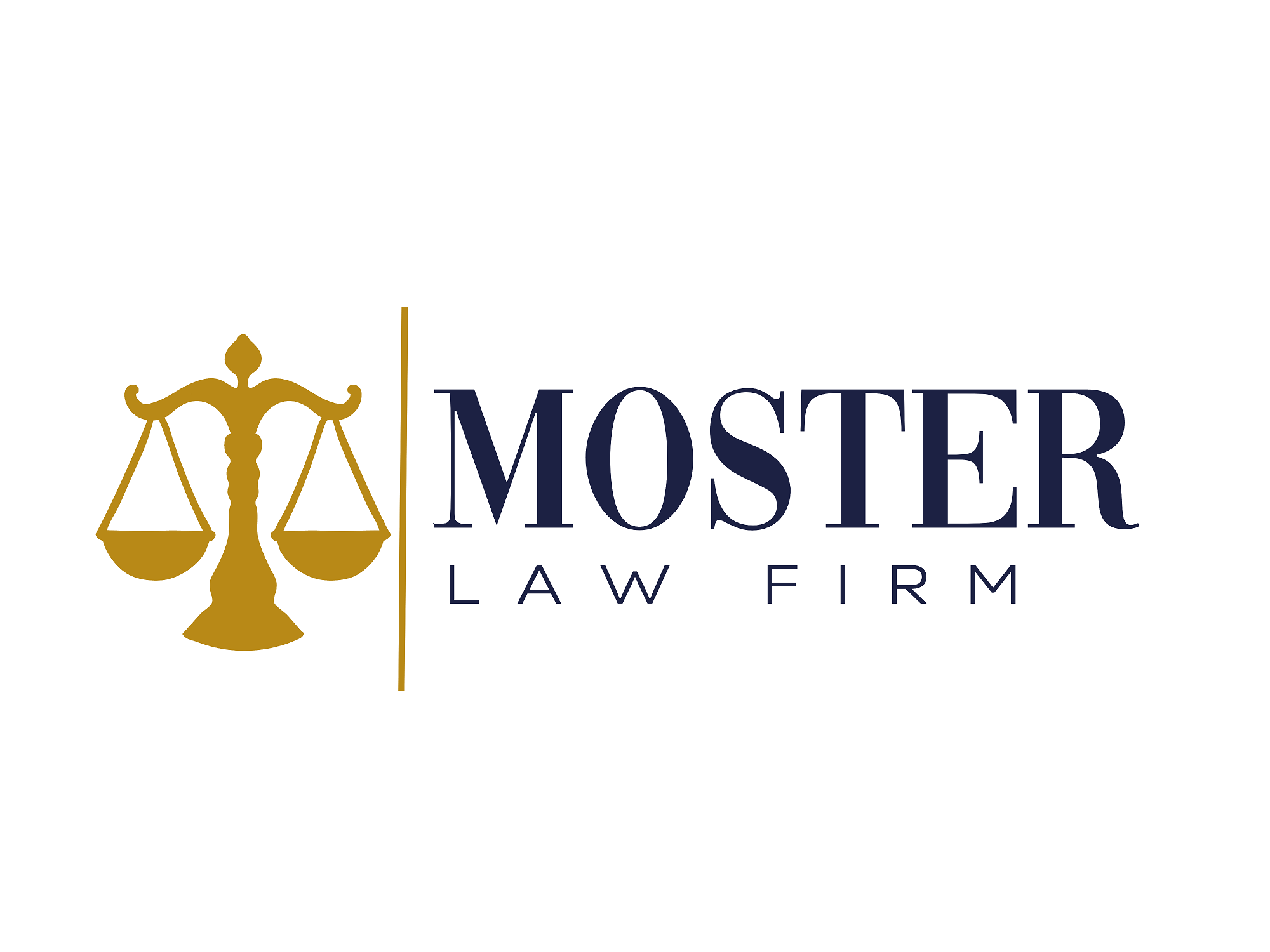
Moster Craft Lawyers have years of dedicated experience to serve your needs whether it is simple wills & trusts or a more complex undertaking. At the most basic level, an enforceable will is recommended to pass on your assets to loved ones subject to your selected conditions. If you die without a will, the process can become complex and emotionally unsettled for your family as the court must get involved in the estate and probate process. The drafting of a simple will avoids that process and uncertainty entirely.
You can count on Moster Craft to advise on the process of drafting and executing a will and guide you through the process one step at a time. We handle this basic service for many clients and standby as a critical resource for the family – often many years later – when the client passes. We are here to help.
Keep in mind that most of the time, the will process is simple and requires nominal services. However, family dynamics can make the process more complicated – and, unfortunately, more expensive by contesting a will and just adding more drama to the equation. In these situations, our clients need to “lawyer up” with aggressive representation and we stand by to provide this service.
For more information – Give us a call:
Wills & Estate Planning: Wills, Trusts, & Guardianships
Wills & Trusts – How It Works
What is a will?
The Last Will & Testament or Will is a legal document that determines how your assets are to be distributed when you die. It is essential that estate clients follow the requirements under Texas Law to assure that their Will is valid and enforceable. An error in the preparation of a Will could lead to the instrument being invalidated or challenged in court. The job of your estate attorney is to identify all of the assets to be covered by the Will and to draft the proper and enforceable clauses to make sure that the property is distributed as intended by the client. The language must be clear and unambiguous and compliant with Texas Law.
Am I required to appoint an executor of my will?
Yes. An executor must be designated and appointed to carry out the duties under the will and provision made for the appointment of a successor executor in the event such individual predeceases the client or decides not to carry out responsibilities.
What happens if I die without a will?
If you fail to draft a will, Texas Law will decide who receives a distribution of your assets, not you. This is known as intestate law and can be highly problematic as your intended beneficiaries may not receive any distribution under Texas Law or a substantial reduction. Critically, the legal costs of dealing with distribution intestate can be substantial causing unnecessary expense, delay, and frustration. It is not uncommon for family members or third parties to fight over their entitlement to assets as nothing is spelled out in a prior document. Invariably, these cases are difficult and could have been easily avoided in the first instance by having a law firm draft a Will. It is that simple.
Are my Assets Subject to Taxation?
This is an issue that is often overlooked by Estate attorneys who do not practice in the area of Estate Tax Law. Our job is to provide concrete and common sense advice in the tax area so that clients can make informed decisions and minimize tax exposure. Our clients are advised of tax implications from the very beginning of our relationship so there are no surprises. We hate legal surprises! Don’t you?
How Long Will a Will Be Valid?
That’s an easy one. Indefinitely – so long as you don’t revoke or amend it.
Can I change my Will?
Absolutely – and clients do this quite often. However, it must be done correctly so that the changes are enforceable and you avoid the problematic situation where multiple wills have been executed. The key is to revise seamlessly so that there are no legal questions as to which provisions will be enforceable.
How do Trusts operate?
A trust is a legal relationship where the property is held for the benefit of another. The creator of the Trust (settlor) appoints a Trustee who holds the property for the benefit of a third party (beneficiary). Many of our clients retain the Firm to advise them on the type of trust to be formed and the drafting of the trust instrument. The trust document provides for the distribution of assets while the owner of the trust (settlor) is alive or after she passes. Although a trust is legally distinct from a will, it can be created by the will itself, or constitute a separate document that stand apart from the will.
How is a Trust Different than a Will?
The Trust can be implemented while the settlor is alive and also provide for the specialized need to beneficiaries such as minor children or individuals with disabilities.
Can I Revoke a Trust?
That depends on the type of trust which is formed. Irrevocable trusts are set up for the benefit of a third party and cannot be revoked or terminated once formed by the settlor. The benefit of irrevocable trusts is to prevent creditors from attaching the assets with respect to a debt that might be owed by the settlor. These are known as spendthrift trusts.
Can a Trust be Revised?
Yes – unless it is set up as a spendthrift trust. The settlor always has the right to revoke, terminate, or add new terms to the trust instrument.
Do I need a Trustee?
Yes. The Trustee is a critical component of the trust as he is responsible for managing the trust and implementing its provisions.
Can a bank serve as a Trustee?
Yes. It is not required that a trustee be a living person.
What is the advantage of using a bank as a trustee Will?
This is important when the Trust is intended to operate over a long period of time which can exceed the lifespan of an individual. The bank serves as an institutional trustee which can perform estate functions over extended periods and lifetimes of the beneficiaries.
Does a Trustee get paid?
Yes. Most trusts have provisions that allow the Trustee to be paid reasonable compensation for services.
Can a beneficiary attempt to get more than her share?
That depends on how the trust was drafted. The typical answer is “No” unless the language of the Trust gives additional rights to the beneficiary.
Does a Trust Terminate?
Yes. Trusts include terms that govern when they end – typically upon the beneficiaries obtaining majority age or some other defined event.
Is a Trust Probated when the Settlor Dies?
No – and that’s a huge advantage. The Trust stands legally apart from the will and the courts have no legal jurisdiction over the enforcement of the provisions. The avoidance of probate means that the beneficiaries have immediate access to the Trust assets and avoid the substantial costs of probating an estate.
How do Medical Powers of Attorney, Directives, and Powers of Attorney operate?
Clients typically consider the drafting of medical powers of attorney and Directives in anticipation of surgery or as a result of an illness. This document delegates legal responsibility to a third party, typically a family member, to make medical decisions upon the incapacitation of the party. The medical powers of attorney and directives empower the third party to make medical decisions that can have a direct bearing on the life or death of a patient.
What happens if I don’t have a medical power of attorney?
This has been tragically exemplified in the media and courts. In the typical situation, the affected party is on life support and is unable to make medical decisions. Unfortunately, family members are not authorized to make decisions and conflicts can arise between family members and even the government as to whether the patient should be kept alive. Never leave your medical life and death decisions to institutions or the courts.
Can I revoke a medical power of attorney?
Yes. Whenever you want. However, if you are already medically incapacitated, there may be a legal objection to any termination or modification of the prior medical power of attorney.
Let’s Talk

